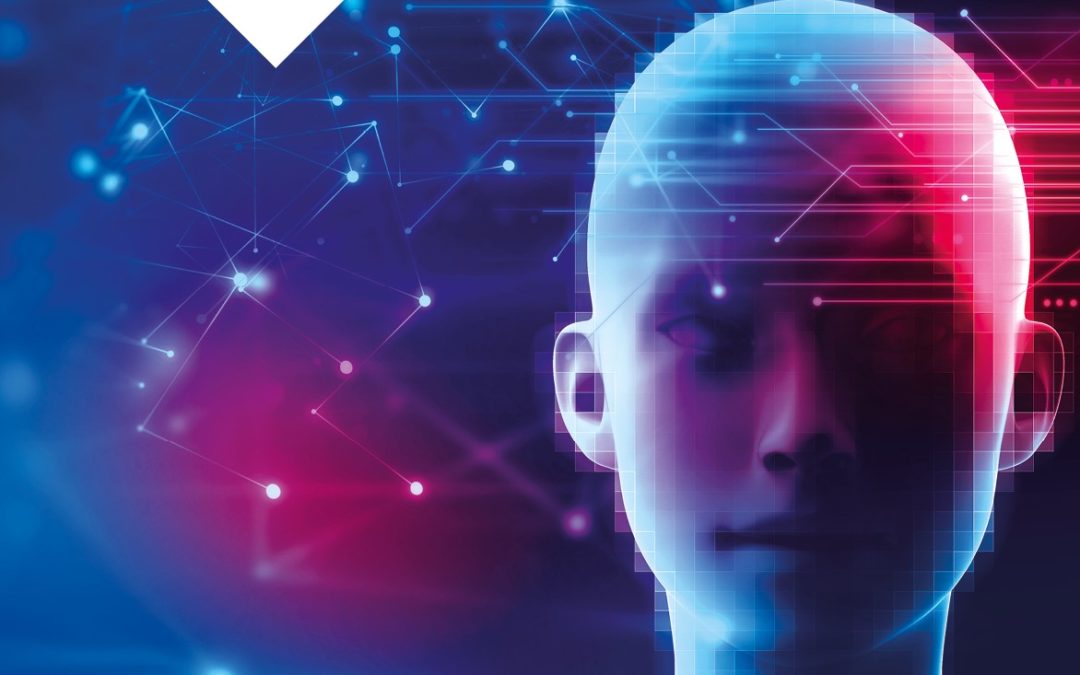THE PROJECT AND ITS GOALS
The Neurobioethics Interdisciplinary Research Group (GdN) at the Athenaeum Pontificium Regina Apostolorum (APRA) of Rome, inspired by the recent achievements made in the field of neurobioethics, robotics and technology, will dedicate its reflection, research, publication and formation of the year 2019-2020 to the critical analysis of “artificial intelligence”.
The potential that the evolution of algorithms has to offer to humanity has the power to arouse enthusiasm and hope for scientific innovation, but not all are convinced of its benefit as serious concerns have arisen. There is no doubt that our history is linked to the development of technology and, in the last century, to the exponential growth of computational innovations. Like every tool, artificial intelligence contributes to the human beings flourishing and to the common good, depending on the use that will be made of it. Indeed, the more powerful this product of human intelligence will be, the greater the potential benefit; but even more feared is the possible incurred damage that would be a consequence of its misuse. Therefore, an interdisciplinary reflection on the subject which explains the status of the art, the real future evolutions, the positive applications and the dangers of its misuse are matters of urgency.
The current solicitations of robotics, the development of artificial intelligence and the multiple applications of human empowerment call upon the men and the women of today to know more about these topics and their consequences in order to consciously decide the direction of neuro-technological progress.
The Neurobioethics Research Group (GdN) in continuity with the paths on Transhumanism (2017-2018) and on Roboethics (2018-2019) will offer a third specialization course for the academic year 2019-2020 (75 hours in total – 3 ECTS) on “Neurobioethics and Artificial Intelligence”. From October 2019 until June 2020 a course of ten monthly meetings will be proposed: seminars, round tables and the March conference inside of the Brain Awareness Week, promoted by the DANA Foundation. The course will develop the technological, neuroscientific, psychiatric, psychological, philosophical, ethical, legal and theological aspects of the so-called “artificial intelligence” in order to create a mature awareness of the applications of anthropological, ethical, legal, sanitary and social consequences of these innovations for the life of human beings.
This third specialization course in Neurobioethics “Neurobioethics and Artificial Intelligence” will collect the fruit of the interdisciplinary reflection of the GdN. It will be possible to follow the course both in presidential mode and online. The course is in Italian.
Particular emphasis will be given to the consideration of the issues related to the principles enshrined in the UNESCO Bioethics and Human Rights Declaration of 2005.
Promoters:
Faculty of Bioethics
UNESCO Chair in Bioethics and Human Rights
Institute of Science and Faith
COURSE STRUCTURE
The course includes a two-hour monthly meeting (seminar or round table) starting on Friday 25/10/2019 until Friday 19/06/2020. The dates, times and classrooms of the meetings are the following:
10/25/2019, 17-19: 00, Aula Magna (2nd floor)
11/29/2019, 17-19: 00, Aula Magna (2nd floor)
12/13/2019, 17-19: 00, Aula Magna (2nd floor)
24/01/2020, 17-19: 00, Thesis classroom (1st floor)
21/02/2020, 17-19: 00, Thesis classroom (1st floor)
18/03/2020, World Brain Week Conference, 15-19: 00, Master Classroom (1st floor)
20/03/2020, Thesis classroom (1st floor)
24/04/2020, 17-19: 00, Thesis classroom (1st floor)
22/05/2020, 17-19: 00, Thesis classroom (1st floor)
19/06/2020, 17-19: 00, Thesis classroom (1st floor)
The specific contents and speakers will be communicated month by month and will progress from the technical-computational aspects of the algorithms up to the neuroscientific, psychiatric, psychological, philosophical, ethical, legal and theological issues concerning the development of the so-called “artificial intelligence”.
TARGET
This training course is created for all of those who wish to become more aware of the development, application to humans and the environment of “artificial intelligence”; specifically: politicians, bioethicists, engineers, teachers, trainers, doctors, philosophers and theologians. At the end of the course a certificate will be issued to the attendees, and after the evaluation of their summary of the course, 3 ECTS credits will be issued.
SIGNING UP
The registration fee and the total course fee is € 350.
Registration deadline: 10/31/2019
Coordinator of the specialization course:
Prof. P. Alberto Carrara, L.C.
Tel: 06/916891
For further informations
Prof. P. Alberto Carrara, L.C.
carraraneuroblog@gmail.com
Tel: 329/9157494

